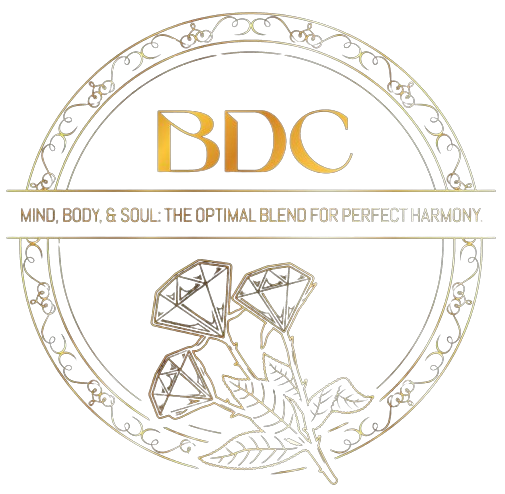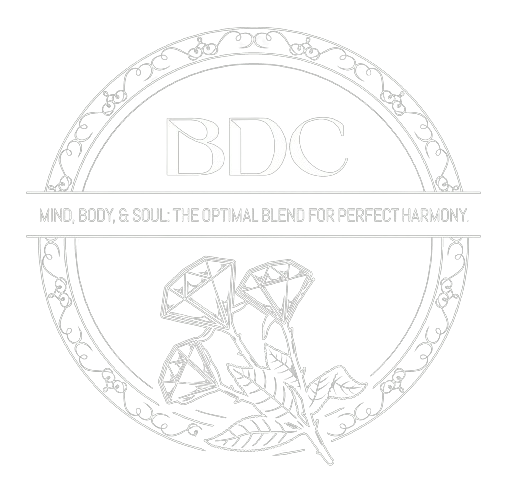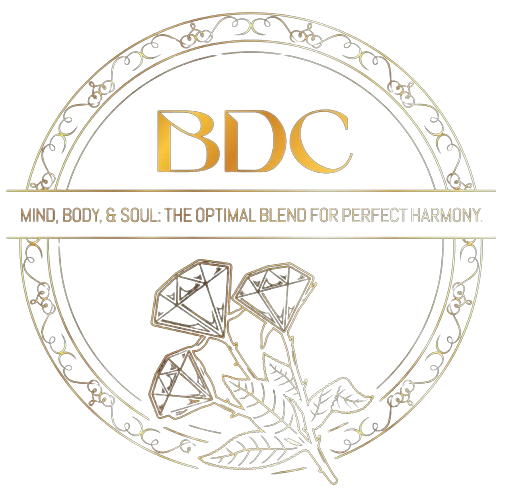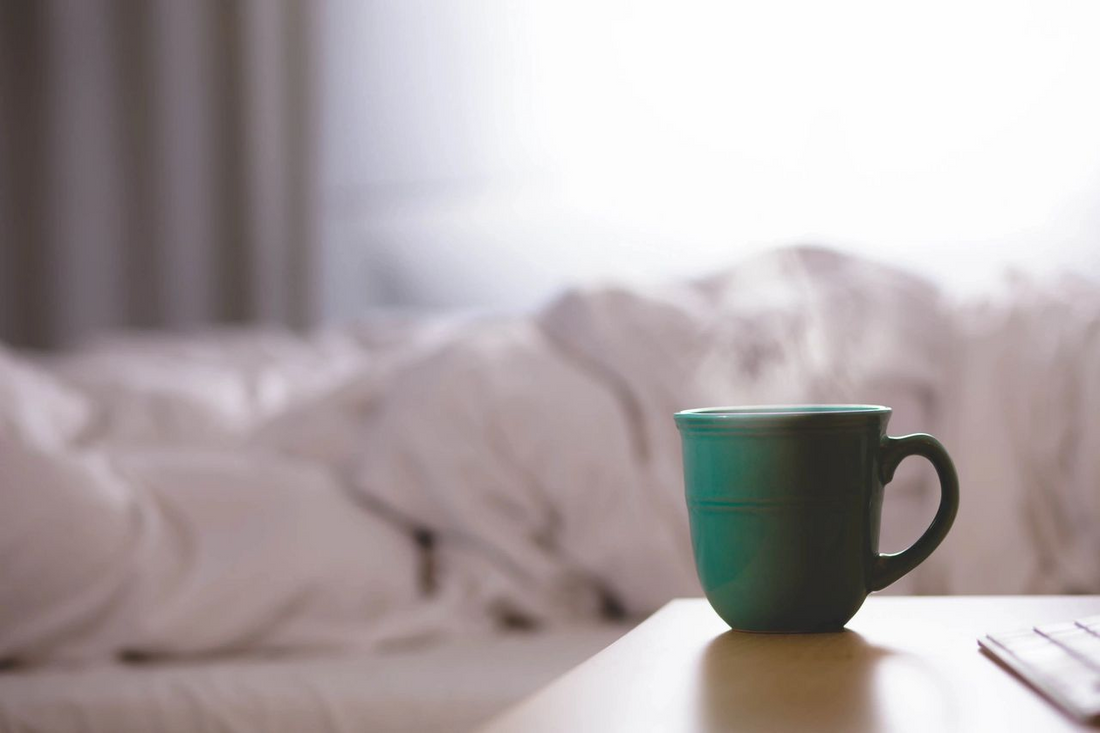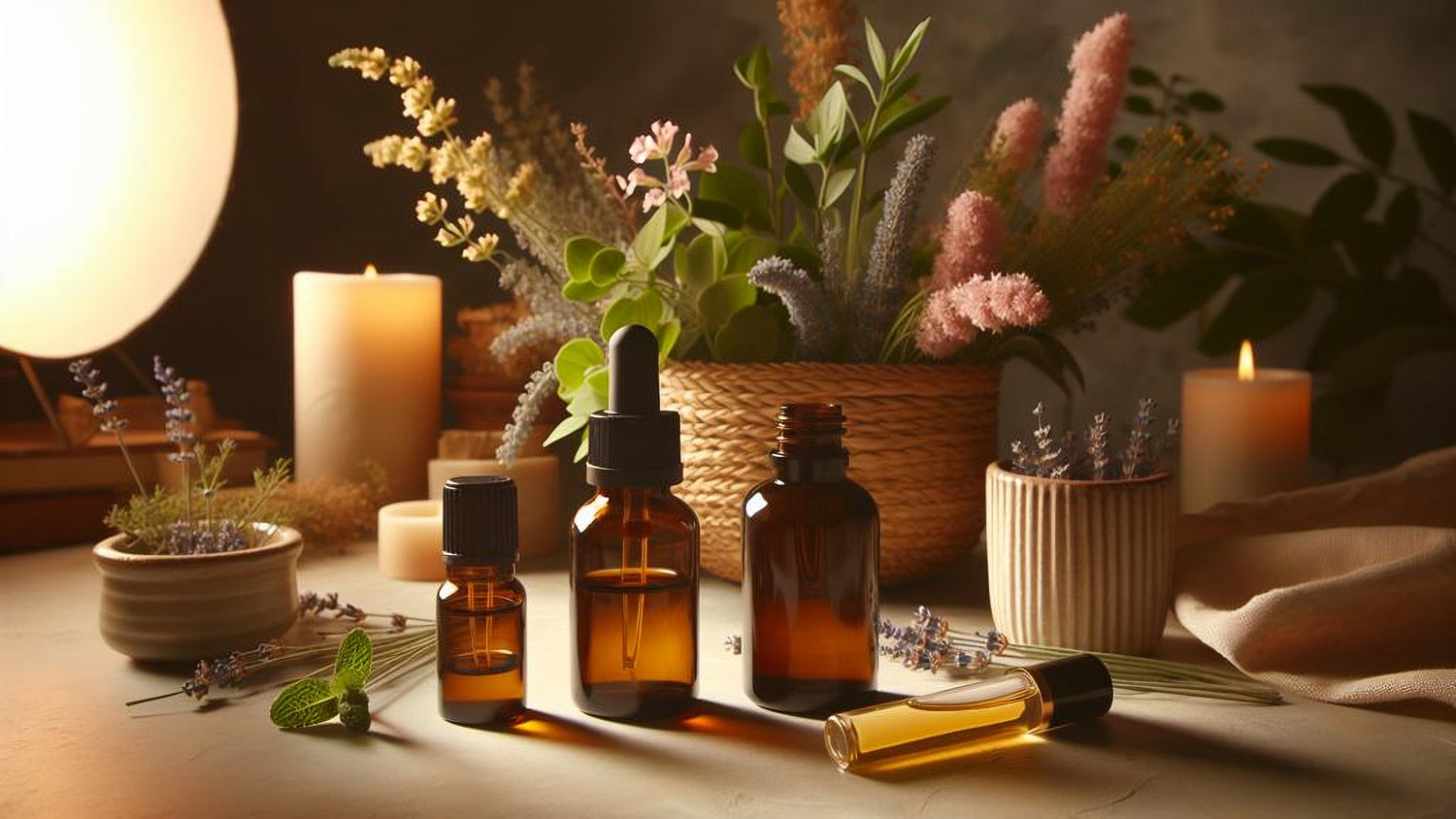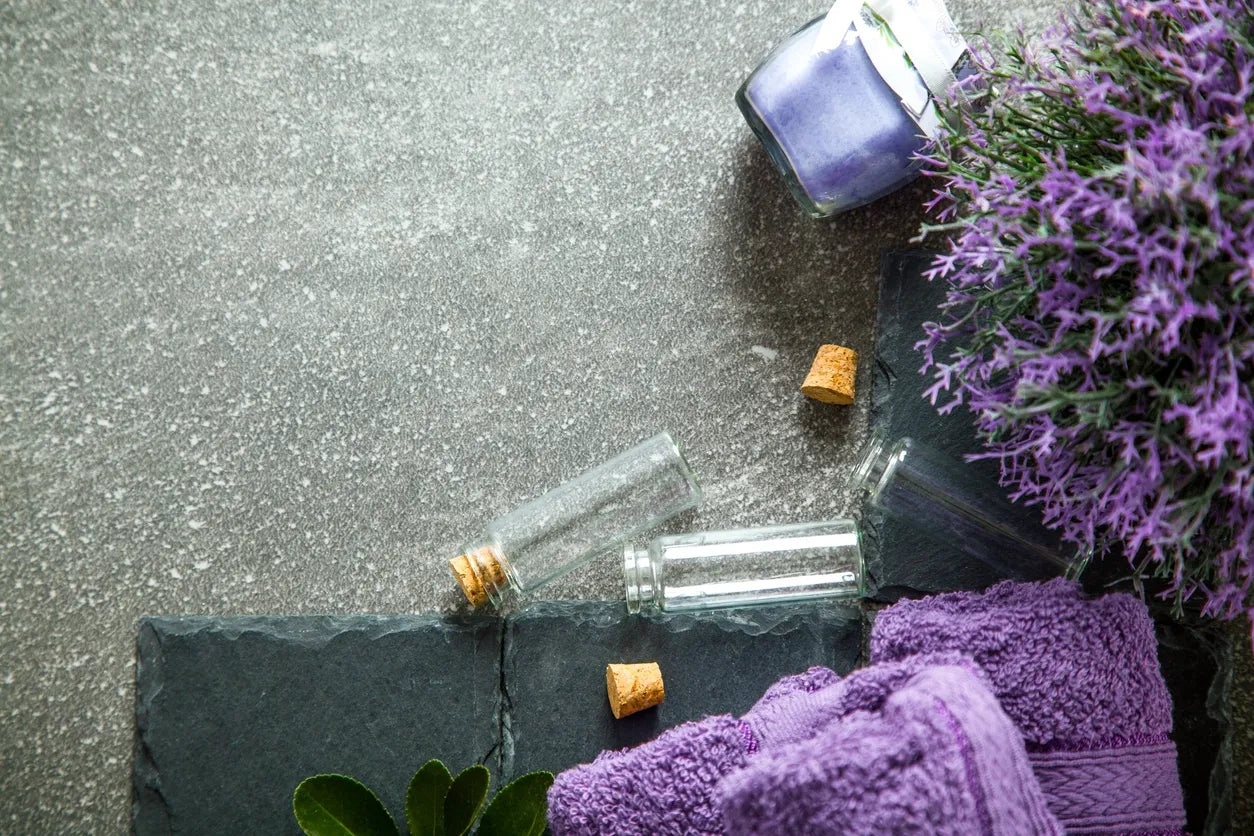The Importance of Healthy Sleep Hygiene in Optimal Functioning
Sleep, the restorative pause that refreshes mind and body, is often the first casualty in our fast-paced lives. Yet consistent, good-quality sleep is as crucial to our well-being as a healthy diet and regular exercise. Here's where sleep hygiene steps in a set of practices that promote optimal sleep patterns.
The foundation of good sleep hygiene practices lies in creating a consistent sleep schedule. Going to bed and waking up at roughly the same time each day, even on weekends, helps regulate the body's natural sleep-wake cycle, known as the circadian rhythm. This consistency extends to creating a relaxing bedtime routine. A warm bath, reading a book, or light stretching can signal to the body that it's time to wind down.
The sleep environment also plays a vital role. A cool, dark, and quiet bedroom minimizes distractions and promotes relaxation. Investing in blackout curtains, earplugs, and a comfortable mattress can significantly improve sleep quality.
Diet and exercise also influence sleep. Avoiding heavy meals, caffeine, and alcohol close to bedtime allows the body to prepare for sleep. Regular exercise can improve sleep quality, but avoid strenuous workouts too close to bedtime, as they can have a stimulating effect.
Herbal teas, steeped in tradition and natural goodness, can also be valuable sleep aids. Chamomile tea, with its calming properties, is a popular choice. Lavender tea promotes relaxation and can ease anxiety, a common sleep disruptor. Valerian root tea has shown promise in studies to improve sleep quality, particularly for those with mild sleep problems.
Beyond herbal teas, other natural sleep aids exist. Melatonin, a hormone naturally produced by the body that regulates the sleep-wake cycle, can be taken as a supplement to help regulate sleep patterns, especially for people with jet lag or shift work. However, it's important to consult with a doctor before taking any supplements to ensure they are safe and appropriate.
In conclusion, sleep hygiene is a powerful tool for achieving restorative sleep. By incorporating consistent sleep schedules, relaxing routines, a sleep-conducive environment, and natural sleep aids like herbal teas, we can cultivate a symphony of sleep, where each element works together to create a harmonious night's rest, allowing us to wake up feeling refreshed and ready to take on the day.
